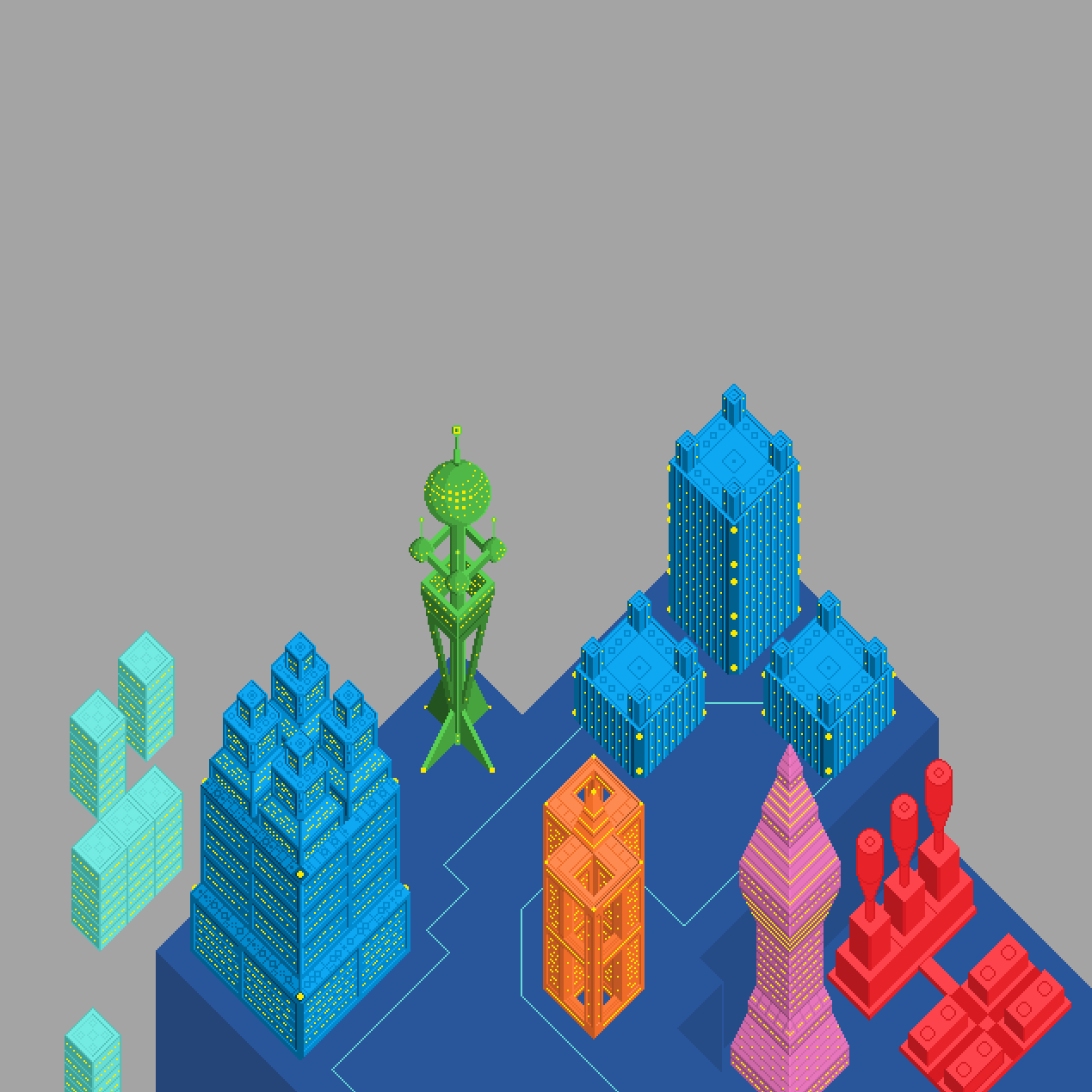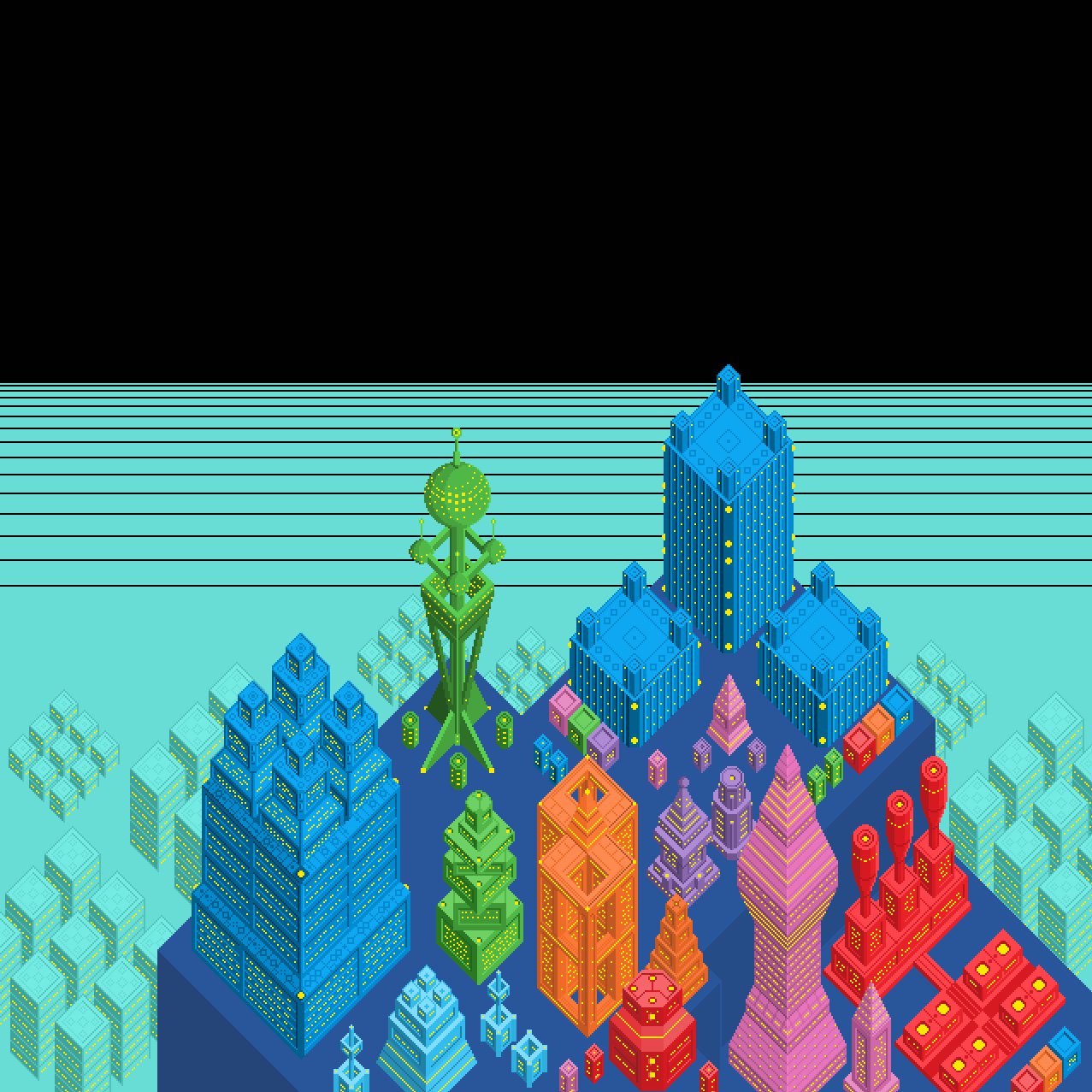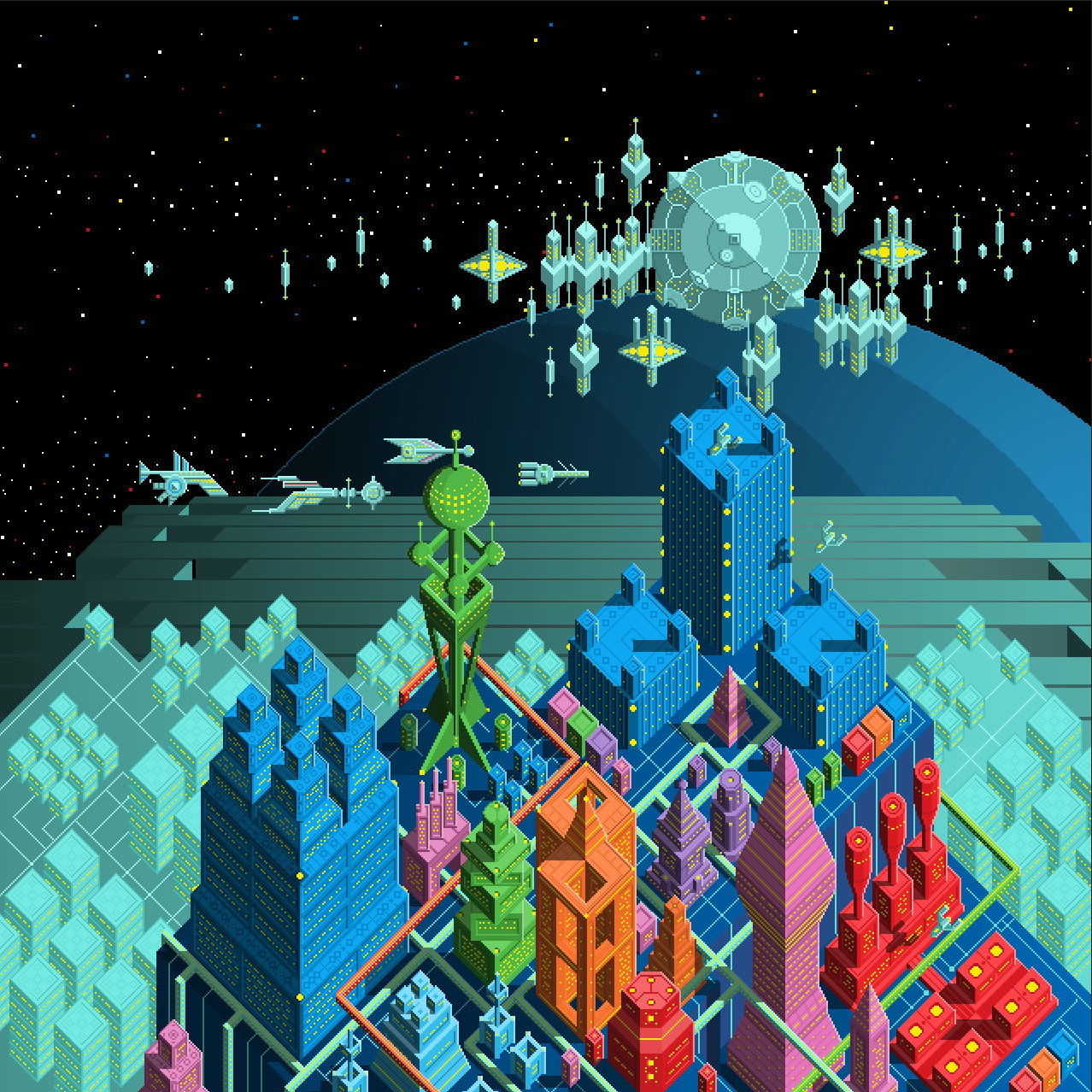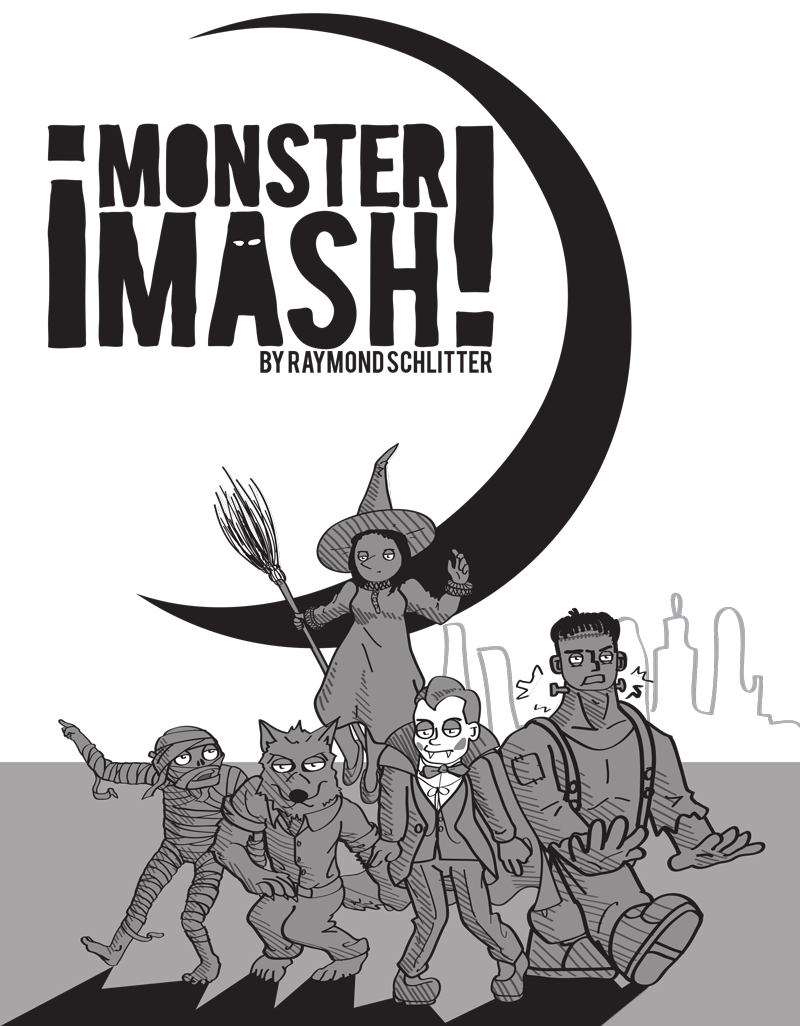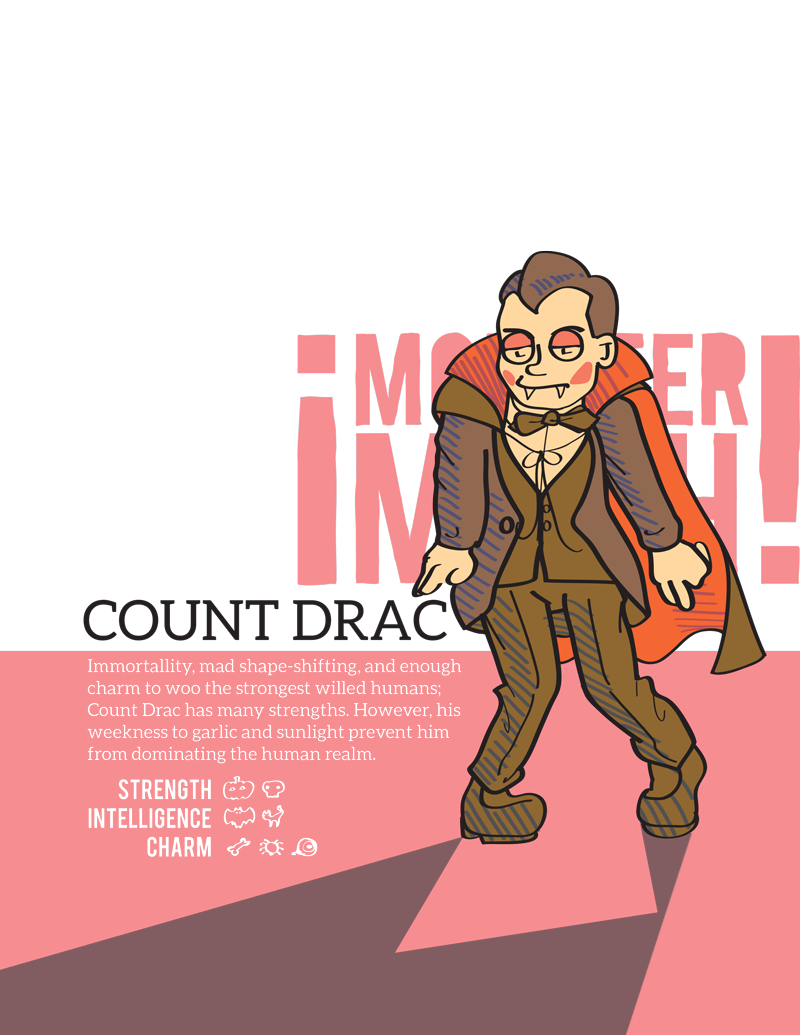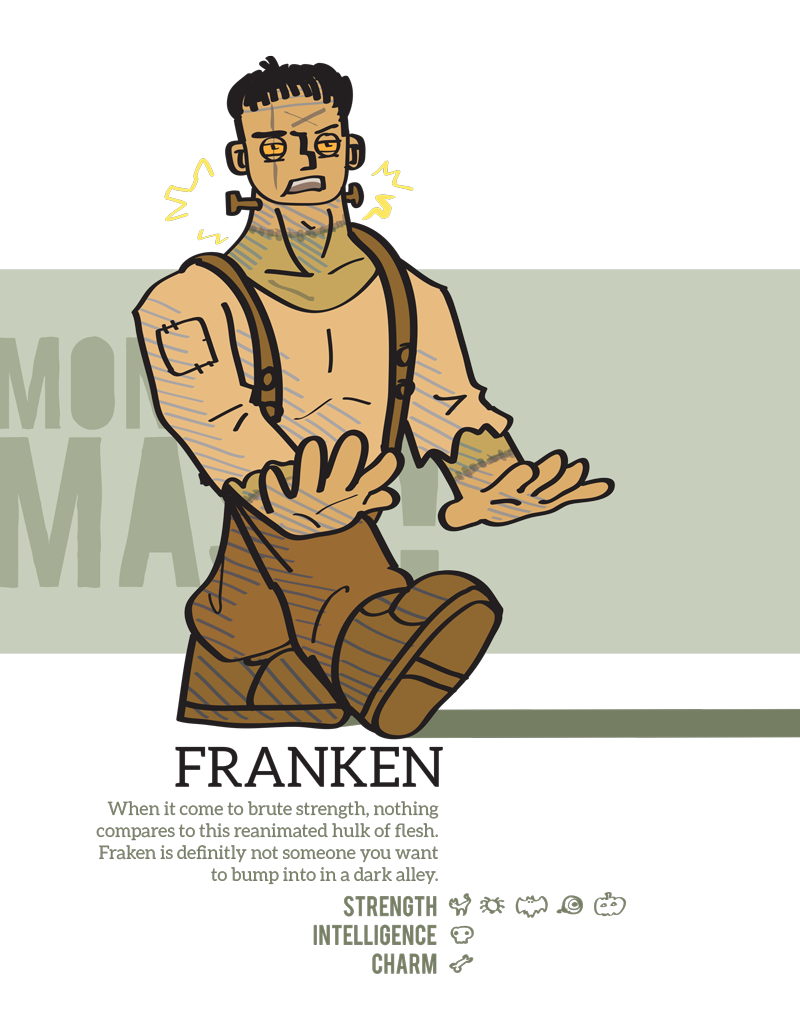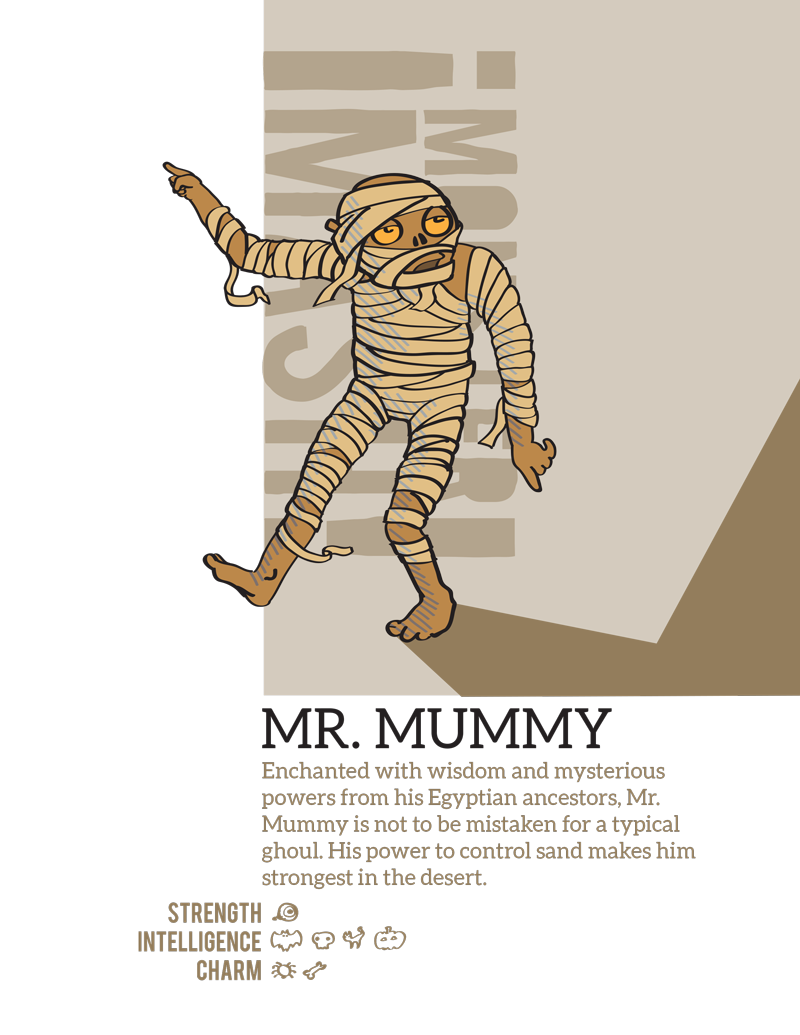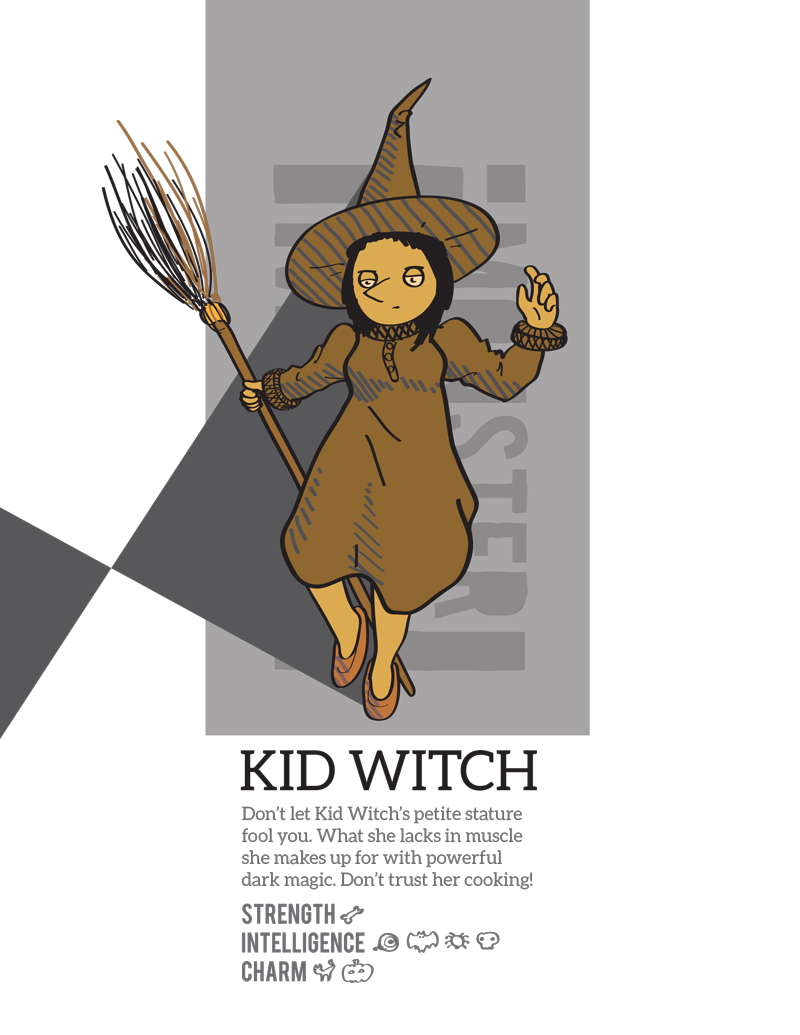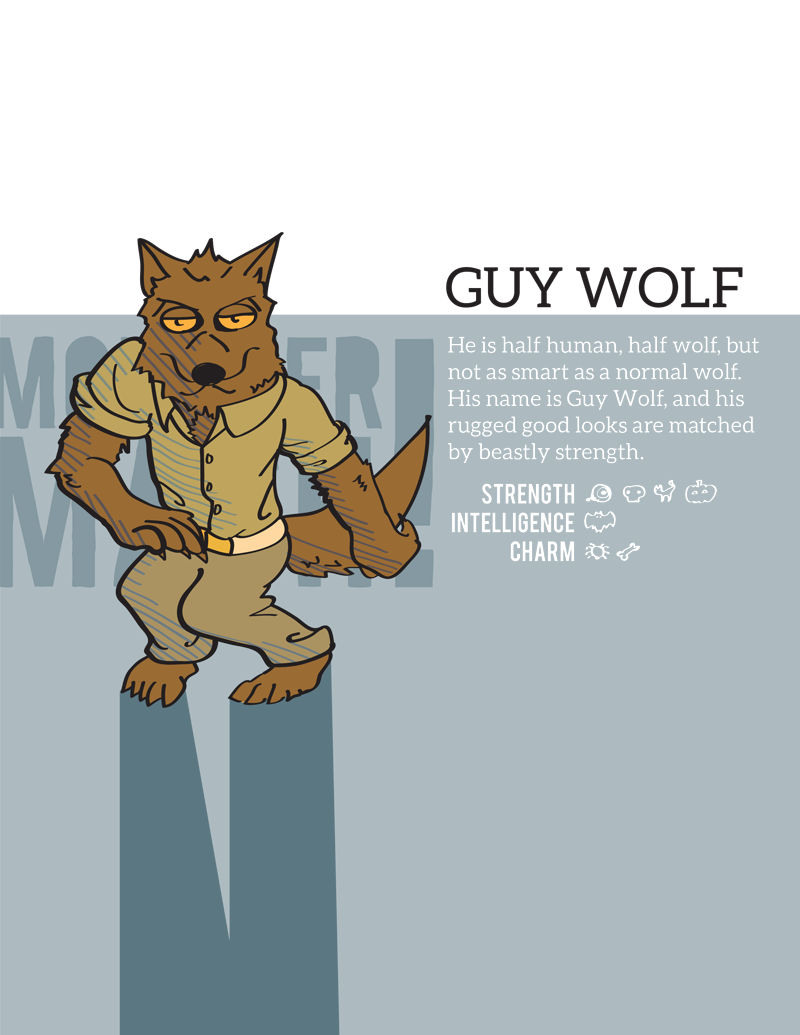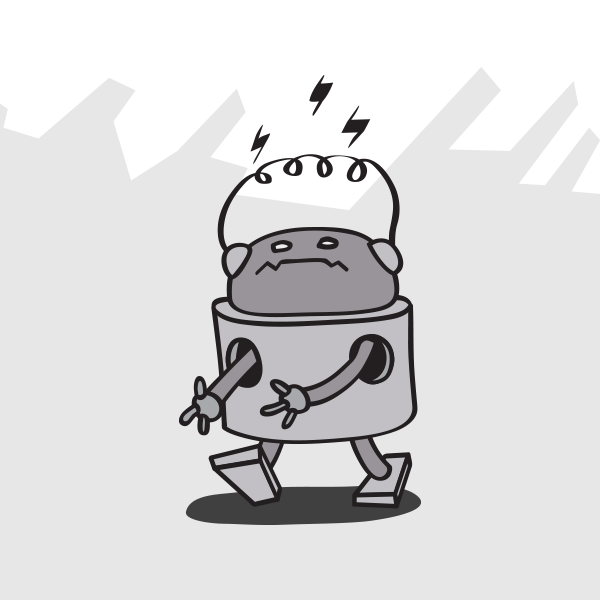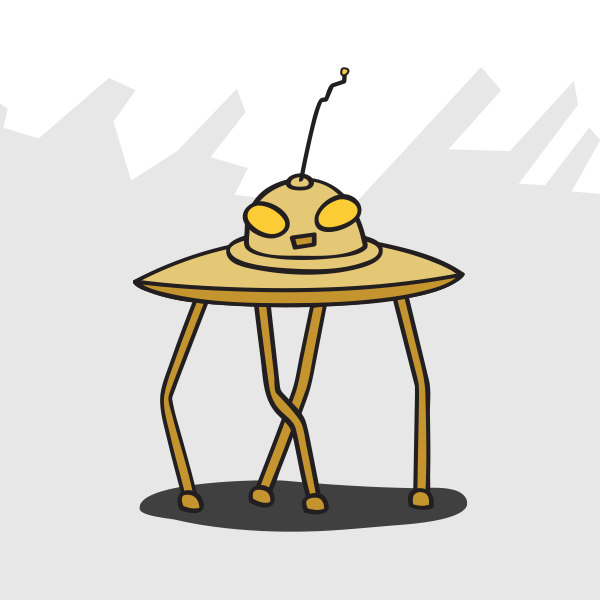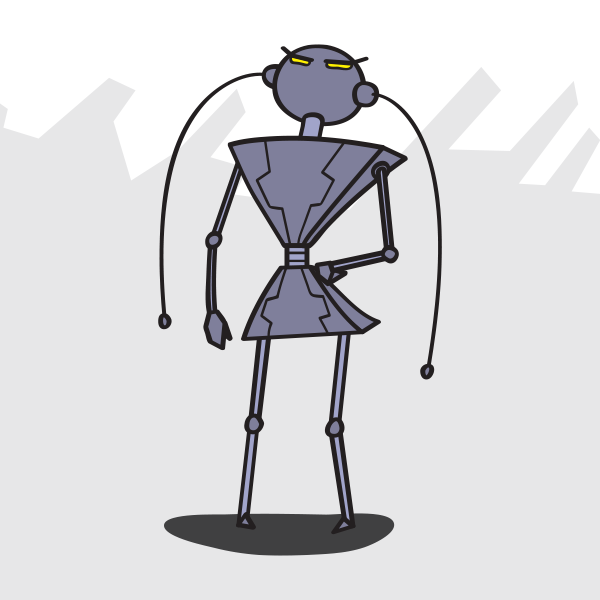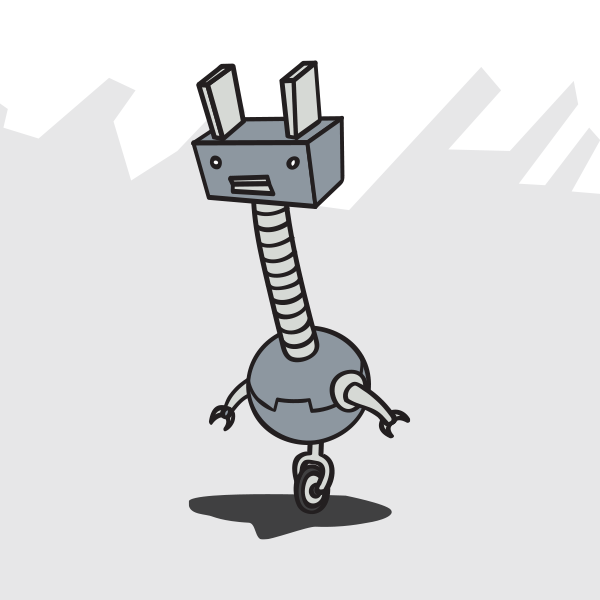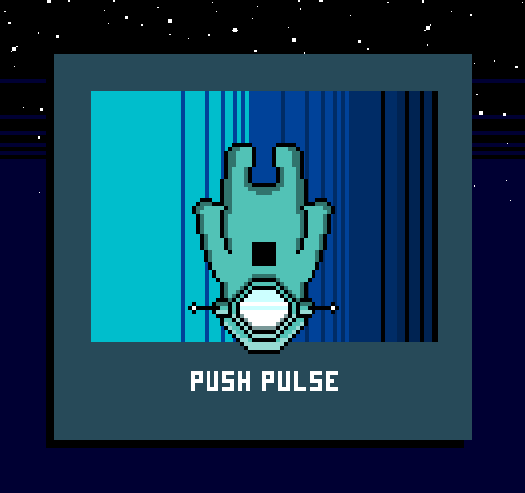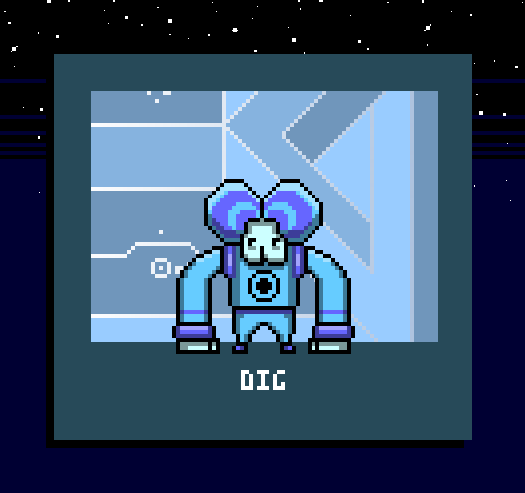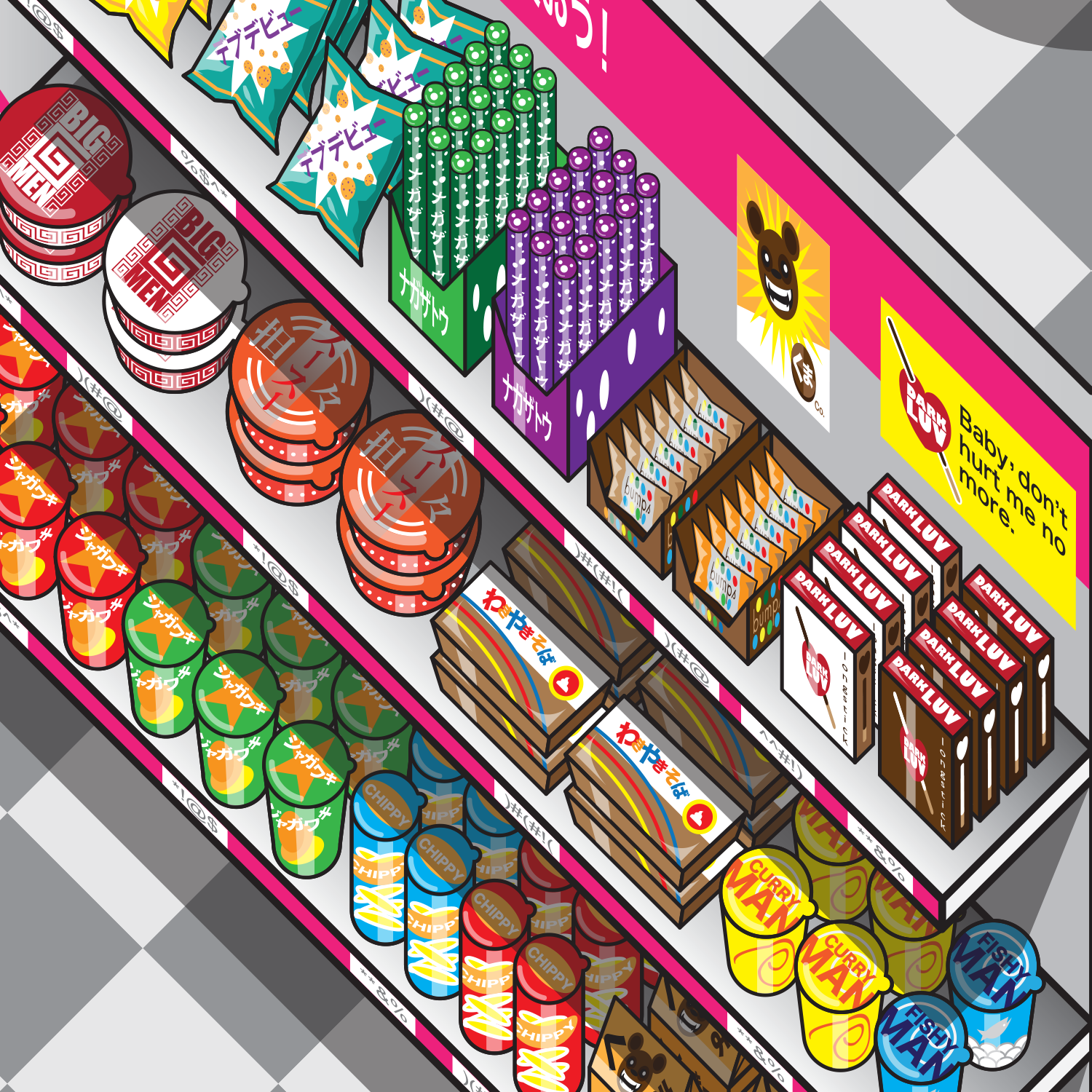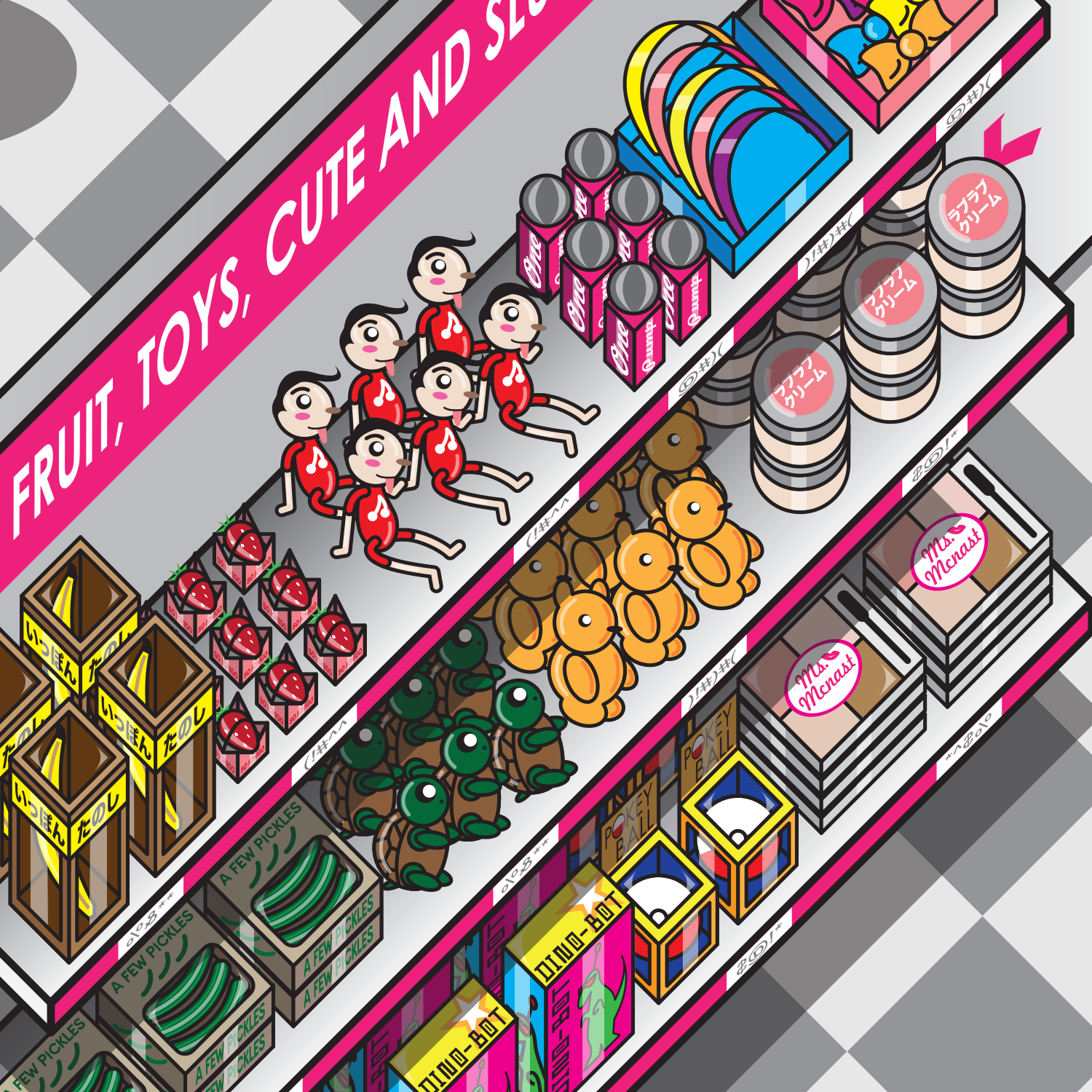I was only 7 years old when I made the original Quest of Fury; a board game with light rpg elements where the players must build their armies and assault the opposing side. Even for a 7 year old's invention, I remember the game being surprisingly fun, as it was often played among friends and family. Eventually we all grew up and the whereabouts of the actual game elude me to this day. But with a clear memory of the game, I decided it would be a great design project to try and remake it. While I've added several new features, the core concepts remain unchanged. Sure enough, it's still fun! Fun enough to possibly hit your table some day.
The world of QoF is divided between the Light Side and Dark Side. Which will you choose?
Landing on a sword or axe icon results in a battle. Each side of the realm has 4 different levels of monsters. The monsters are represented on battle cards below.
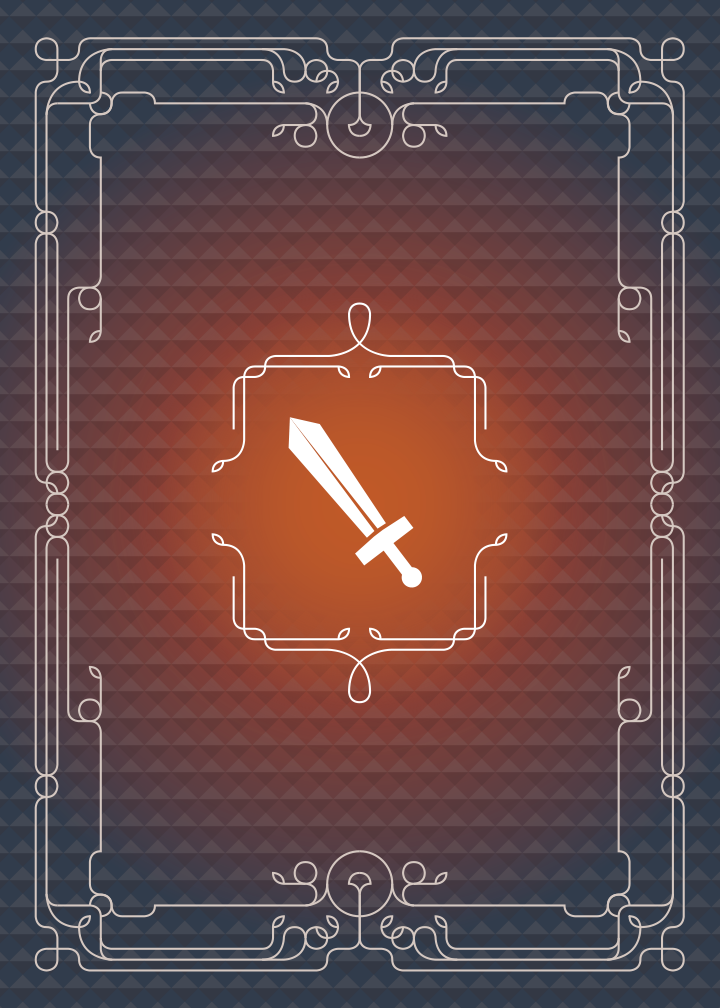
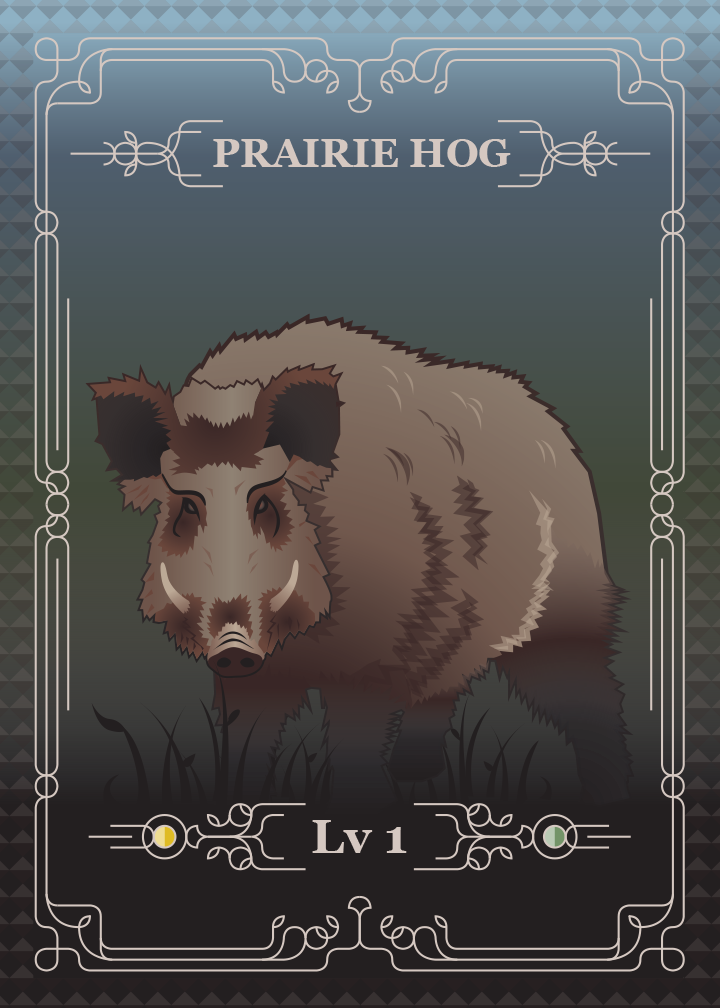
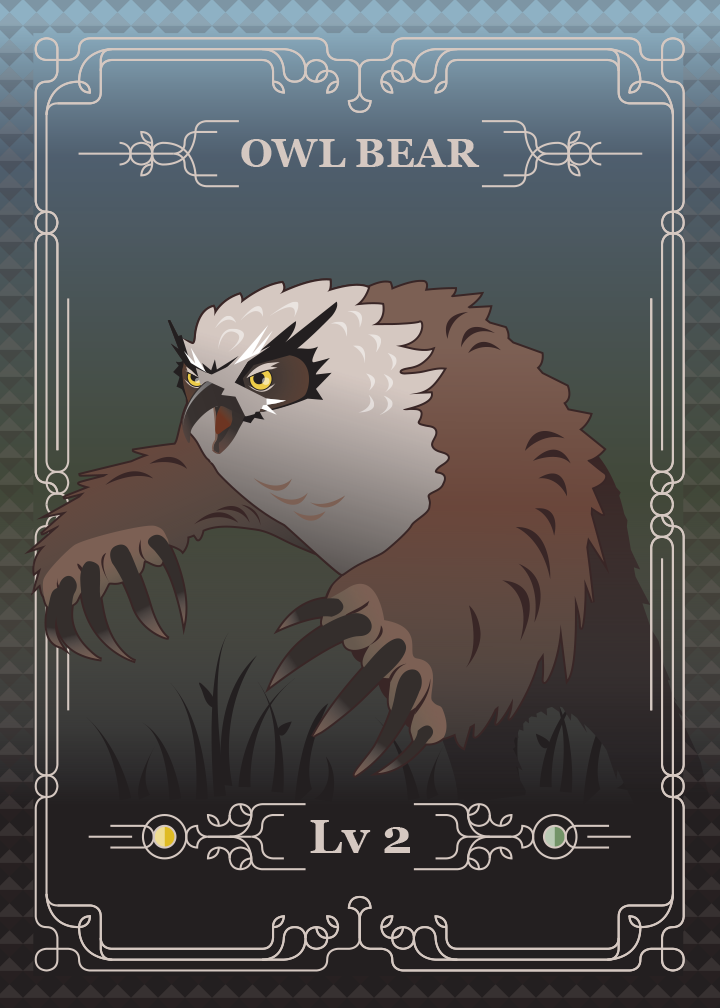
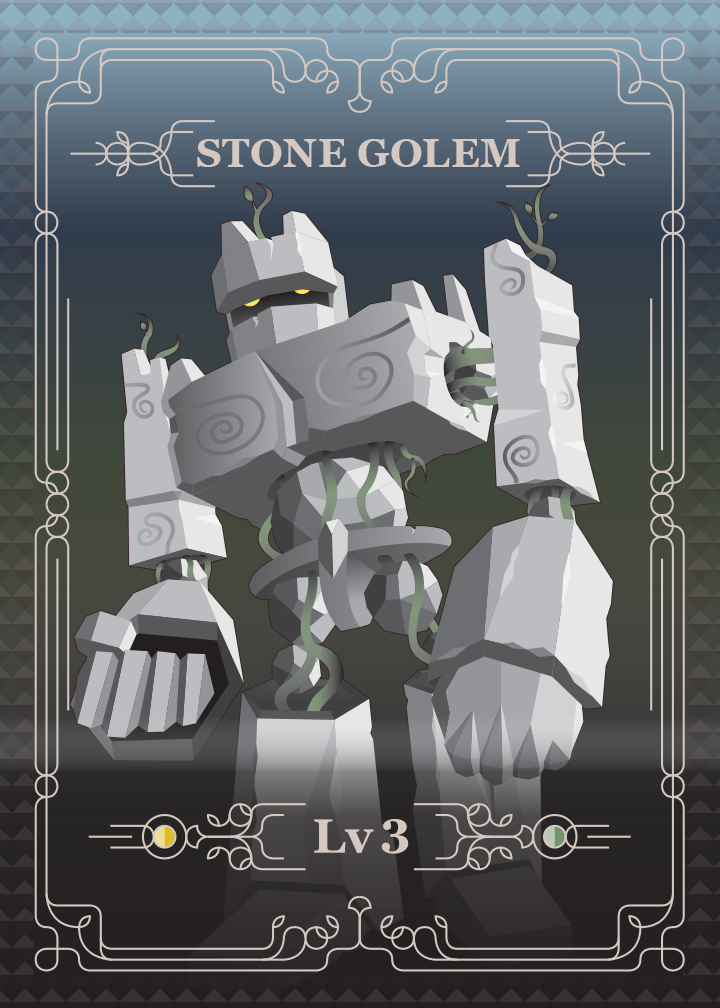
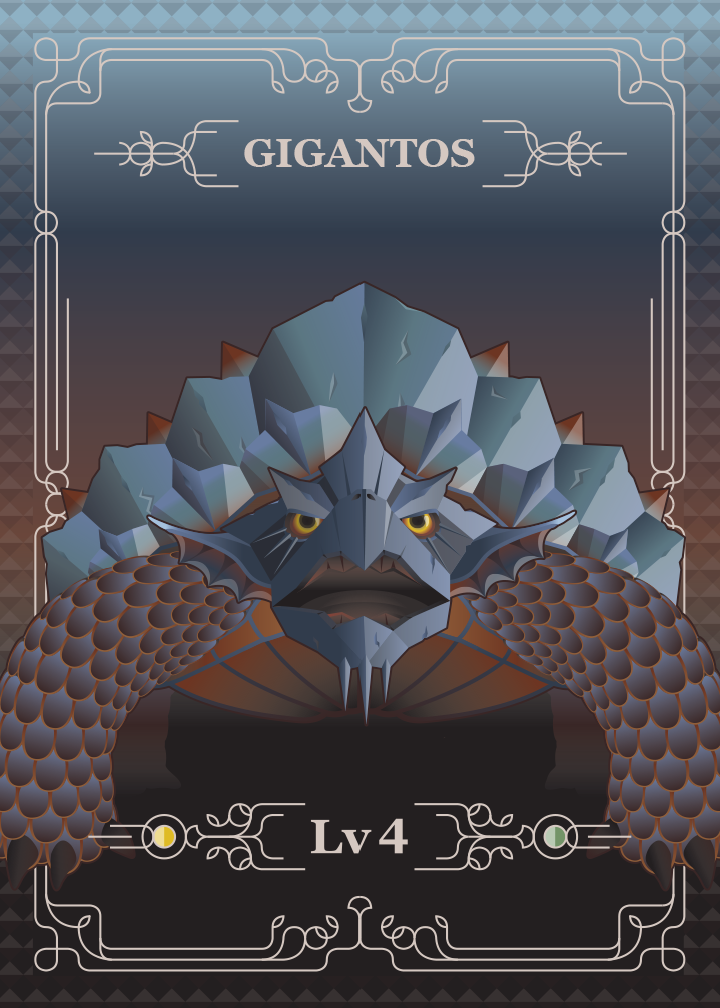
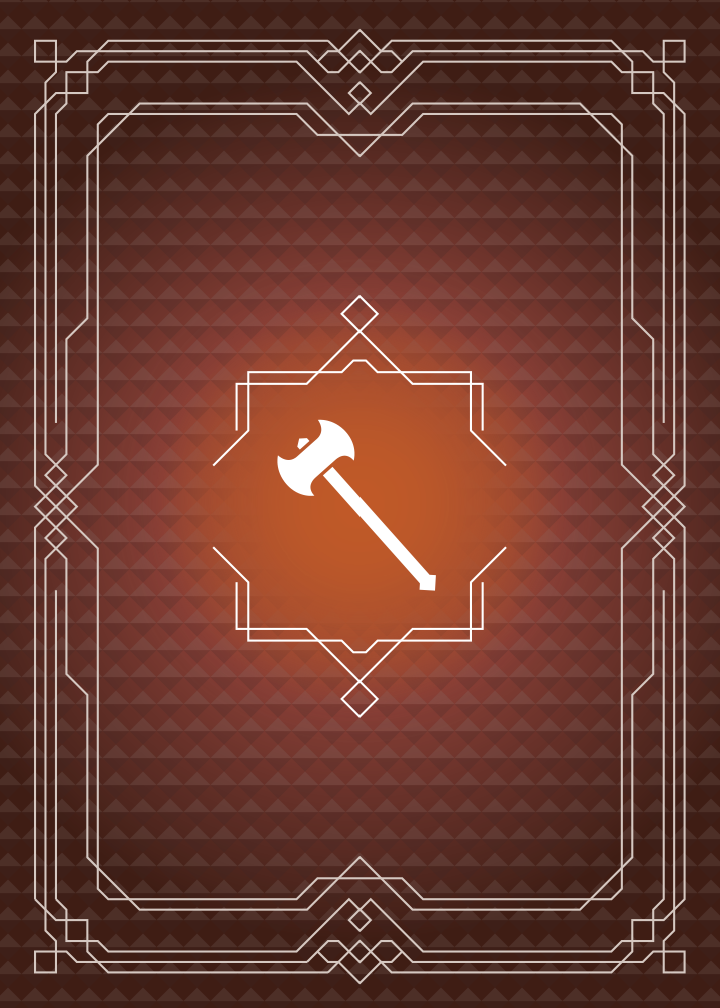
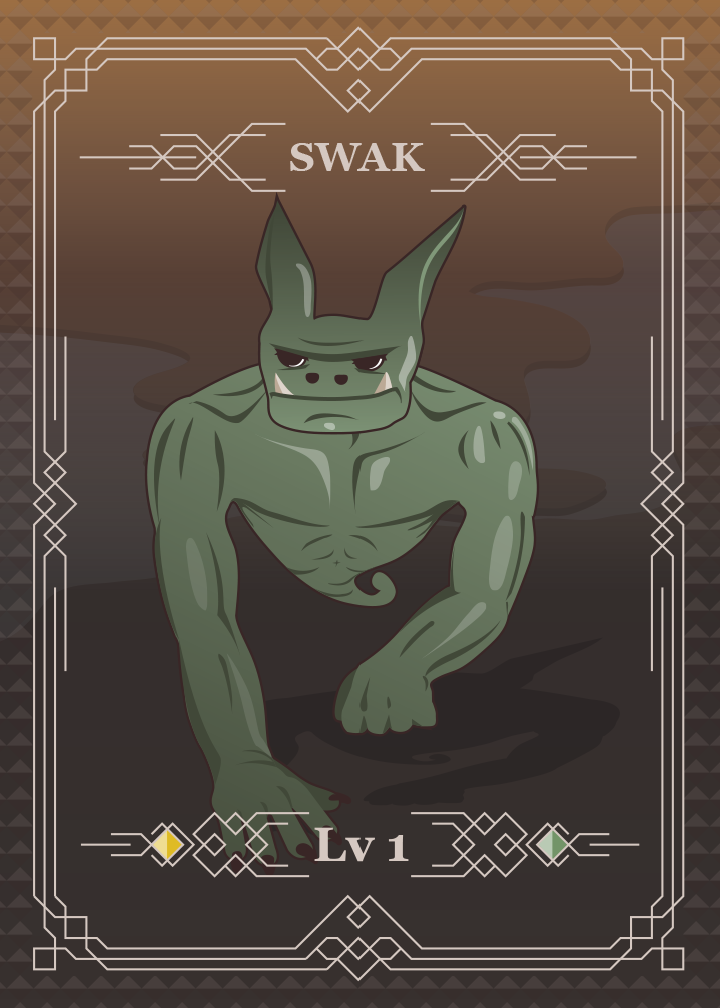
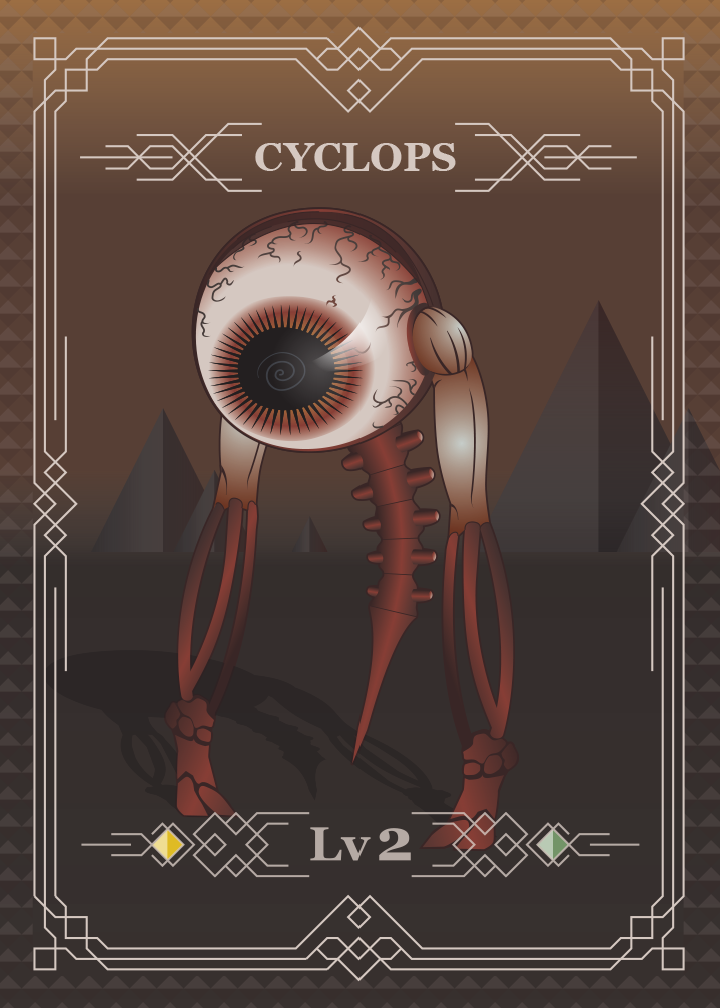
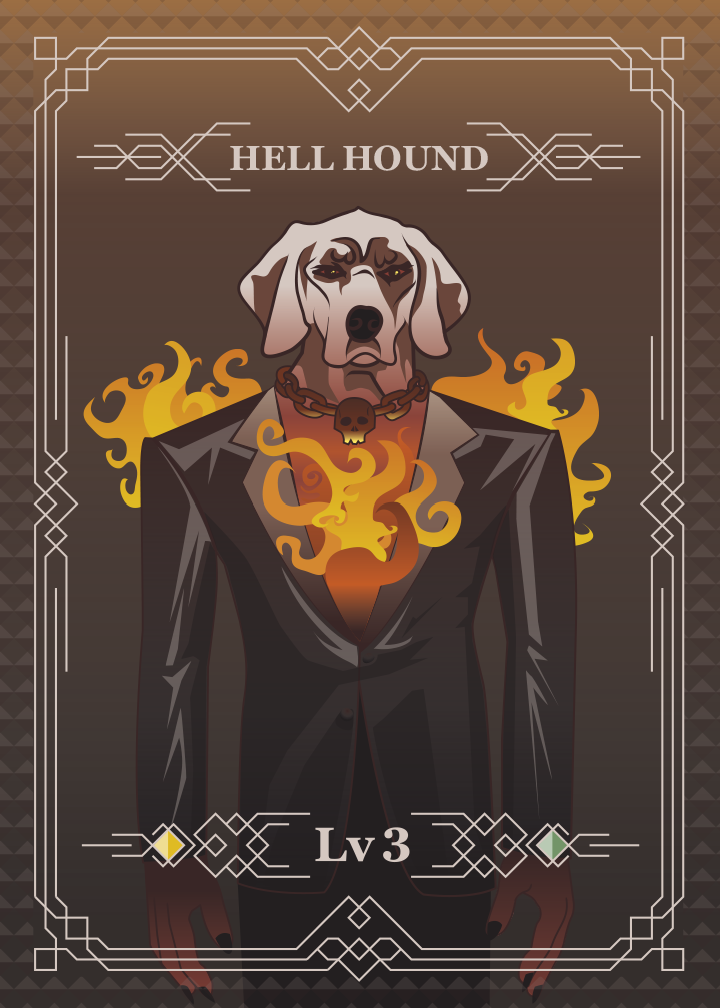
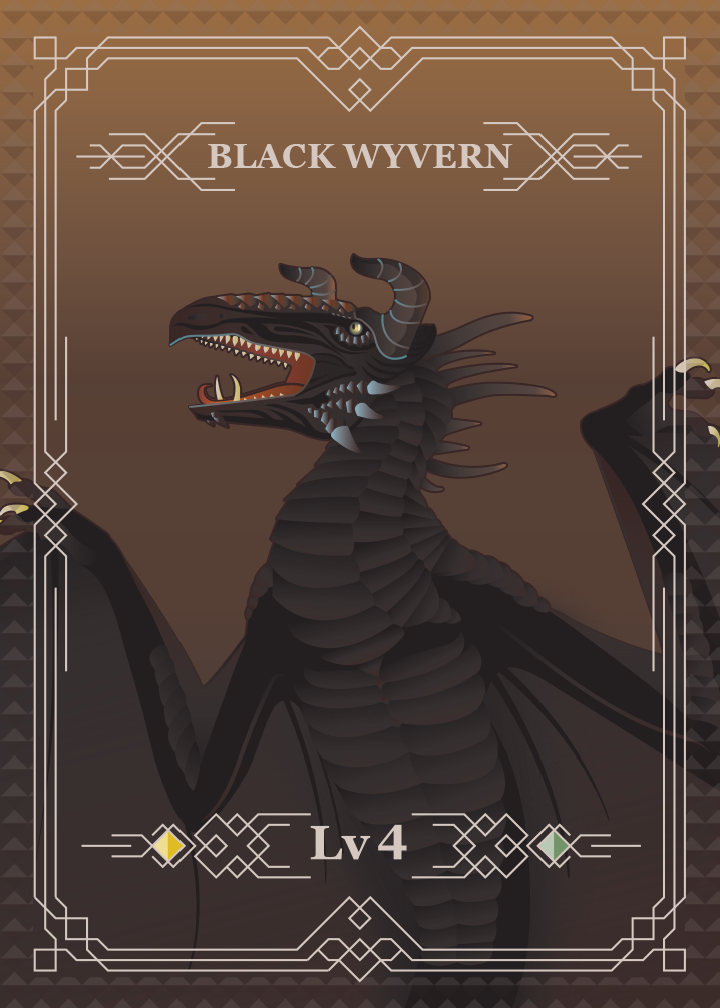
Currently I have yet to design cards for friendly units and items. Updates and further explanation on how to play the game coming at a later date.




